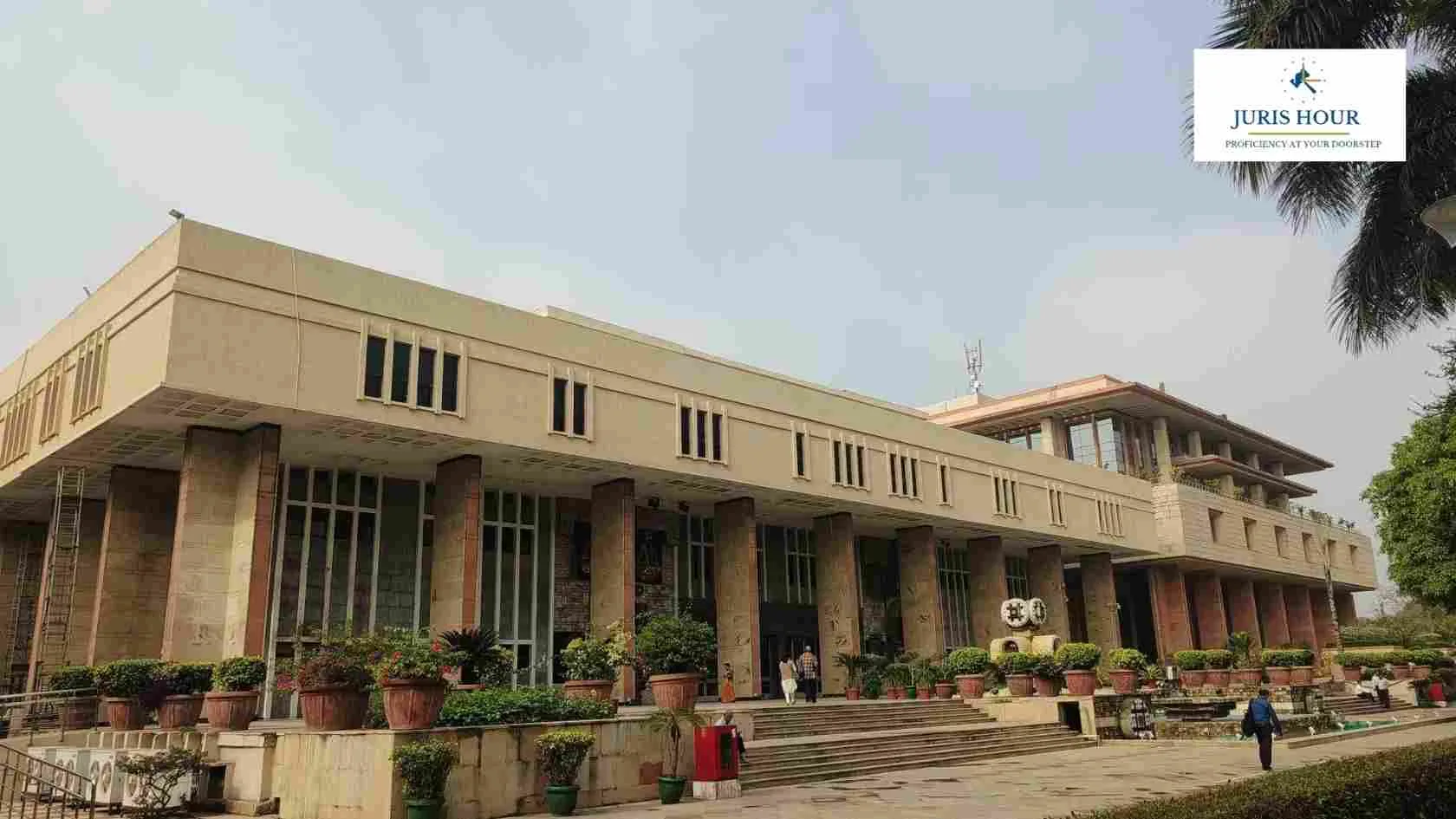The Delhi High Court while upholding the retrospective applicability of Section 122(1A) CGST Act held that the availment of Fraudulent Input Tax Credit (ITC) was a continuing offence.
The bench of Justice Prathiba M. Singh and Justice Rajneesh Kumar Gupta have observed that in so far as the retrospective application of Section 122(1A) of CGST Act is concerned, the same would be governed by the date of the SCN. The SCN was issued. The law has been clearly amended to also implicate such individuals who may be involved in such fraudulent transactions and the said law cannot be set at naught by holding the same to not be retrospectively applicable to transactions which took place prior to the date when the law was enacted. On the day when the SCN was issued, the provision Section 122 (1A) was in place.
The bench noted that the manner in which fraudulent ITC has been availed would also show that it was a continuous process and not a one time act of the parties involved. Section 122(1A) of the CGST Act was clearly applicable.
The petitioner/assessee is a GST consultant against whom a show cause notice was issued by the Directorate General of Goods and Service Tax Intelligence, Ghaziabad Regional Unit (DGGI) along with three other individuals namely Sh. Naveen Monga, Sh. Anoop Kumar and Sh. Sanjay Sehgal.
The allegations in the SCN were that 44 fake firms were created and operated by Sh. Sanjay Sehgal and his associates. The Petitioner was one of the consultants engaged by Sh. Sanjay Sehgal who enabled the creation of the said firms. Initially the investigation was started on the ground that there were 44 fake firms but thereafter, when investigation was conducted, it was realized that there were 63 fake firms, out of which 54 firms were used for fraudulent availment and passing on of input tax credit (ITC).
The searches were conducted at four premises, including the office of Naveen Monga, residential address of the Petitioner, godown of the Petitioner and the residential address of Anoop Kumar. Statements were also recorded of all these persons and on the basis of the documents, etc. which were collected by the DGGI, the SCN was issued.
The Petitioner contended that no notice was issued under Section 122(1A) of the CGST Act and hence, no penalty could have been imposed under provision till the twin conditions under Section 122(1A) of the CGST Act are not satisfied.
The Petitioner contended that he was merely a consultant and the mastermind of the alleged transactions was admittedly Sh. Sanjay Sehgal even as per the DGGI. Sh. Sanjay Sehgal has also admitted to this position in his statement.
The petitioner argued that the order also does not, anywhere, come to the conclusion that the transactions were carried out at the Petitioner’s behest or that he has retained the benefit of any alleged transactions. Ld. counsel for the Petitioner further submits that Section 122(1A) of the CGST Act could not have been invoked for any transactions prior to the said provision being enacted i.e. it cannot be made retrospectively applicable.
The court while refusing to entertain the writ petition held that where cases involving fraudulent availment of ITC are concerned, considering the burden on the exchequer and the nature of impact on the GST regime, writ jurisdiction ought not to be exercised in cases.
Case Details
Case Title: Bhupender Kumar Versus Additional Commissioner Adjudication CGST Delhi North & Ors.
Case No.: W.P.(C) 9141/2025 & CM APPL. 38815/2025
Date: 07th July, 2025
Counsel For Petitioner: Abhishek Garg
Counsel For Respondent: Monica Benjamin
Read More: Delhi High Court Orders Customs Dept. To Release Seized Gold Bangles Worn by Returning Umrah Pilgrim

